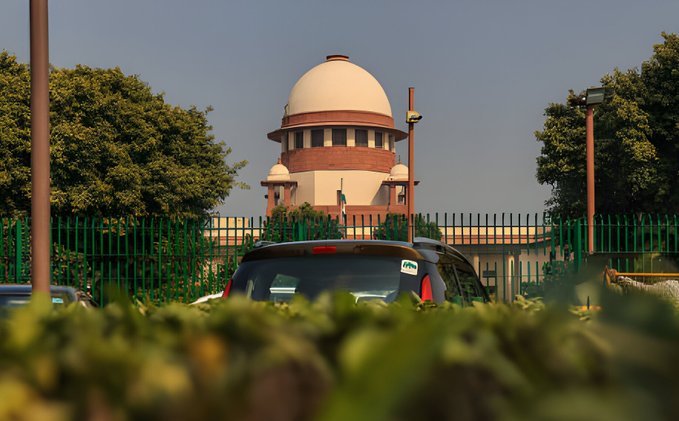New Delhi, May 4: The Supreme Court has reconstituted a three-judge bench to hear a series of petitions challenging its 2022 judgment that upheld the Enforcement Directorate’s (ED) powers under the Prevention of Money Laundering Act (PMLA), including arrest and property attachment.
The newly formed bench comprises Justice Surya Kant, Justice Ujjal Bhuyan, and Justice N Kotiswar Singh. They are scheduled to hear the matter on May 7. Previously, Justice Kant, Justice Bhuyan, and Justice CT Ravikumar were handling the case, but Justice Ravikumar retired on January 5, prompting the change.
The issue was briefly taken up by a two-judge bench on March 6, during which Justice Kant informed lawyers that the matter required a three-judge bench and would be reassigned accordingly.
In July 2022, the apex court had upheld the ED’s broad investigative powers under the PMLA, stating that money laundering poses a significant risk to financial systems globally. It ruled that ED officials are not traditional police officers and that Enforcement Case Information Reports (ECIRs) are not equivalent to FIRs under the Criminal Procedure Code. The court also held that providing a copy of the ECIR is not mandatory, as long as the arresting officer communicates the grounds for arrest.
However, in August 2022, the court agreed to revisit certain aspects of the ruling. It noted that two issues — the lack of requirement to provide an ECIR and the reversal of the presumption of innocence — needed further scrutiny.
The 2022 verdict had been issued in response to over 200 petitions, many of which alleged misuse of the PMLA by the government to target political opponents. Despite criticism, the court found that provisions such as Section 45 — which makes offences under PMLA non-bailable with strict bail conditions — were constitutionally valid.




